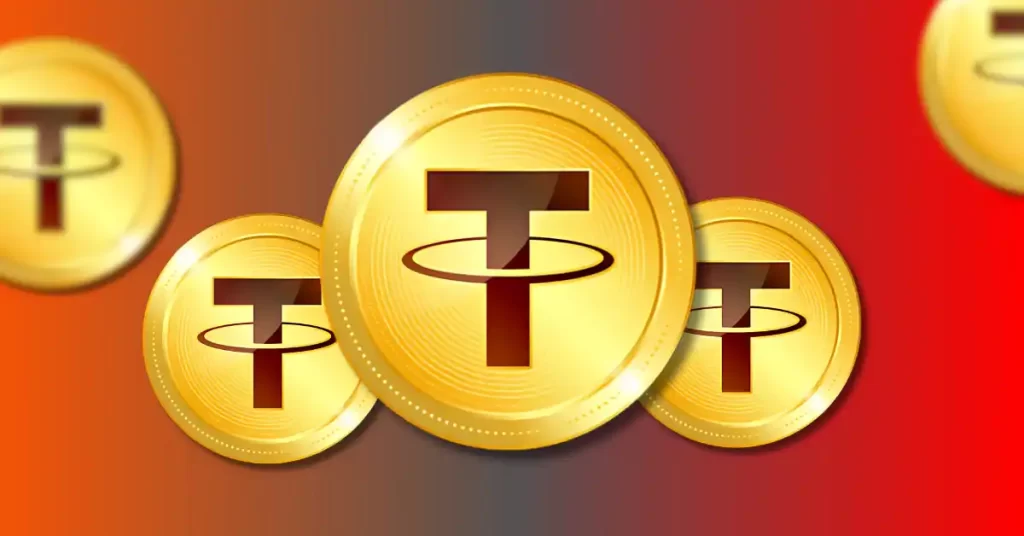Bitwise CIO: Tether’s Growth Could Make It History’s Most Profitable Company Ever


The post Bitwise CIO: Tether’s Growth Could Make It History’s Most Profitable Company Ever appeared first on Coinpedia Fintech News
Tether’s rapid growth is putting it on a path that could rival the world’s biggest companies, according to Bitwise CIO Matt Hougan.
Its reach spans hundreds of millions of users, massive treasury holdings, and growing Bitcoin reserves. Could it one day rival even Saudi Aramco’s record profits? Let’s explore.
Tether’s Billion-Dollar Path
In a recent client memo, Hougan said Tether’s business model has the potential to make it the most profitable company in history, even surpassing oil giant Saudi Aramco.
“At current interest rates, if Tether got to $3 trillion in assets – about 3% of the global money supply – it would top that, becoming the most profitable company in history,” he wrote.
The comment comes after reports that Tether is exploring a $500 billion valuation, putting it in the same league as OpenAI and SpaceX.
400 Million Users and Growing
Tether’s numbers are hard to ignore. CEO Paolo Ardoino recently said USDT is used by more than 400 million people worldwide, adding around 35 million wallets every quarter.
Also Read: Tether Plans to Raise Up To $20B on a $500B Valuation Via Equity Market
The stablecoin’s influence is strongest in emerging markets, where it often acts as a substitute for local currencies while reinforcing the U.S. dollar.
Behind the scenes, Tether holds over $127 billion in U.S. Treasuries, making it one of the largest global holders, comparable to sovereign nations. The company also owns 100,000+ BTC worth $11.4 billion and booked an estimated $13 billion profit in 2024, all with fewer than 200 employees.
Also, Tether is no longer just a stablecoin issuer!
It has been pushing into AI, telecom, data centers, energy infrastructure, and bitcoin mining.
Crypto’s Big Market Play
Hougan’s point goes beyond Tether. He argues that crypto’s real opportunity lies in the massive markets it is targeting, from payments to capital markets.
Bitcoin’s $2.3 trillion valuation may surprise many, but Hougan notes it’s still less than 10% of gold’s $25 trillion market. Ethereum and Solana are competing in global payments and asset markets worth hundreds of trillions, even quadrillions.
“The markets are so large, in fact, that no single, centralized company could dream of capturing more than a small fraction of them,” Hougan said. “But Ethereum and Solana are different. As decentralized supercomputers with global scale, they have a real shot at taking a major share.”
For investors, Hougan’s advice is clear: treat crypto like venture capital. Expect failures, but also expect winners that could be bigger than anything in traditional tech.
